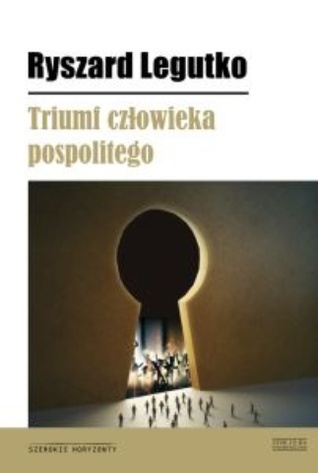What do you think?
Rate this book


318 pages, Paperback
First published January 1, 2012
If I am not mistaken, the Republican Party has long relinquished, with very few exceptions, any closer link with conservatism. If conservatism, whatever the precise definition, has something to do with a continuity of culture, Christian and Classical roots of this culture, classical metaphysics and anthropology, beauty and virtue, a sense of decorum, liberal education, family, republican paideia, and other related notions, these are not the elements that constitute an integral part of an ideal type of an Republican identity in today’s America.